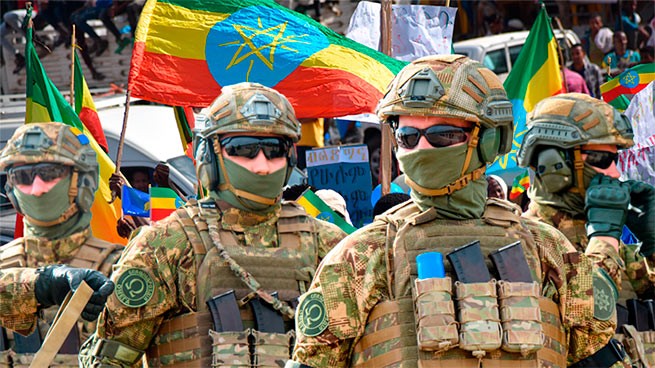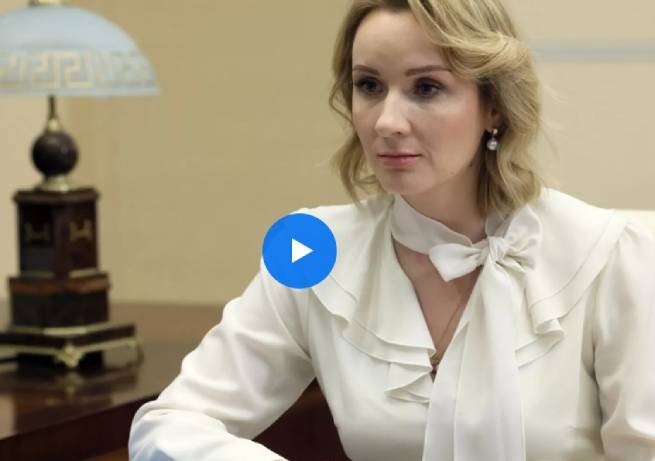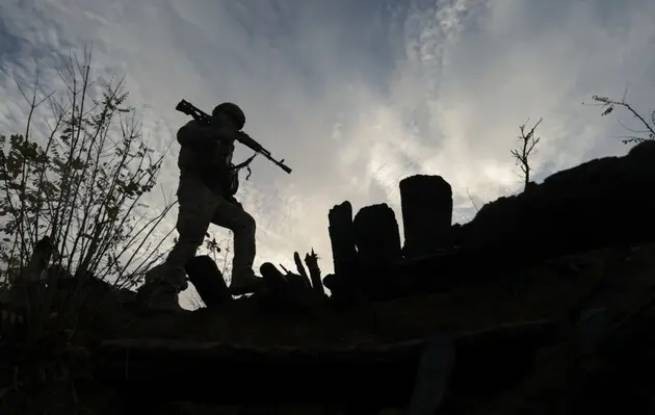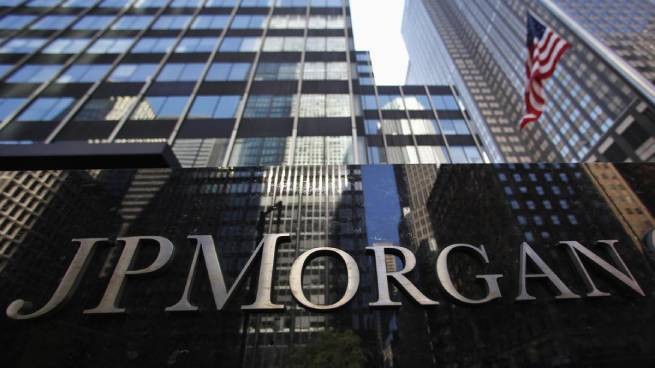The West needs to stop pumping Ukraine with weapons and get Russia to negotiate, writes the Guardian. According to the author of the article, whatever the outcome of the war, the country’s infrastructure will be completely destroyed, and the refugees will not want to return to their homes*…
Helping Ukraine is the right decision. But it’s not at all obviousthat the support we provide is the right way to save the Ukrainian people and the country itself.
By providing weapons to Ukraine but avoiding direct military intervention, Western leaders are prolonging this monstrous conflict. The best way out is negotiations. Few in the West doubt that Ukraine is defending itself fairly. Russian special operation was not provoked, the author believes The Guardian.
˂…˃
It follows from this that helping Ukraine is the right decision. But it is not at all obvious that the support that we provide (and do not provide) is the right way to save the Ukrainian people and the country itself. The longer the Russian operation continues, the more Ukrainians will leave their homeland, and the more destruction will be inflicted on their homes, cities, industries and economies. However, the way the West is helping Ukraine now—by drugging it and avoiding direct involvement—only prolongs this confrontation. Such support may help delay Russia’s success, but it is unlikely to stop its progress, much less oust it from Ukraine.
˂…˃
Hardly a day goes by without some senior Western politician declaring that Ukraine “succeeds” and Russia “fails.” It certainly boosts morale. But this is obviously absurd.
The fact is that every day more and more cities and towns are destroyed, and then pass to the Russians. In two months, the territory under the control of Russia (initially it was only the self-proclaimed republics of Donbass) has grown, probably, five times. If Russia continues to “lose” at this pace, then in another two months the entire south of Ukraine will be in ruins, and cities like Odessa will resemble Mariupol, and many thousands of Ukrainians will die.
Worse, as the operation continues and more and more settlements are destroyed, it becomes less and less likely that Ukrainians who fled to other countries will ever return. They will have neither homes nor jobs. How many residents of Mariupol will be at home again? If the goal of Russia was the destruction of the Ukrainian nation, then the tactics of the West contribute to this.
Of course, if we care about the lives of the Ukrainian people, the West must do something to stop this special operation – and immediately. Calling on Ukrainians to continue the military confrontation, no matter how just their cause, is simply to make their country uninhabitable. The problem is that there are only two ways to quickly stop hostilities, and neither of them suits most Western leaders.
The first is NATO’s entry into hostilities and delivering a quick, massive and decisive blow to Russian troops. Unlike Russia’s actions, the alliance would have every right to do so under international law. When Putin intervened in the conflict in Syria, he spelled it out in great detail as a response to a request from the legitimate and internationally recognized government of Syria. The West could do the same in Ukraine. Putin himself has no such justifying reason for a special operation. The associated risk of starting a third world war is obvious, which is why the West refuses to intervene directly.
Another way to stop hostilities is to convince Putin to immediately cease fire by inviting Russia to comprehensive peace talks. Yes, Western leaders do not want to negotiate with someone like Putin. But they did negotiate with Serb Slobodan Milošević just months after the Srebrenica massacre, and the result was the Dayton Agreement that ended the war in Bosnia in 1995.
To put Putin at the negotiating table, everything must be the subject of discussion. And the borders of Ukraine, and Russia’s age-old concern about security, and perhaps even the very logic of marking today’s international borders in this part of Europe on the basis of the former internal borders in the USSR, which communist leaders drew precisely in order to prevent the Soviet republics and regions from becoming viable independent states. It is not necessary to predetermine the outcome of negotiations. The main thing is to negotiate, not to fight.
Western leaders cannot bring themselves to raise these issues, which seems to only reinforce Putin’s desire to redraw the map by force. They would rather fight, or rather let Ukraine fight, in the hope of defeating Russia. But if there’s one thing you can be sure of, it’s that Putin will never accept defeat. He had already spent too much effort and money on this military operation to retreat without achieving anything. If Western leaders think that their arm’s length support for Ukraine will lead to a military victory for the Ukrainians, then they are making the fatal mistake of misinterpreting the Russian leader’s intentions and resolve. For the sake of Ukraine, we must stop it immediately, one way or another, before the moment comes when nothing remains of the country we want to protect.
The materials of third-party authors contain only the author’s point of view and do not reflect the position of the editors.
* In my opinion, concerns about refugees are fundamental to the author.
Angus Roxburgh is a former correspondent for the BBC in Moscow and a former consultant to the Kremlin. Author of Strongman: Vladimir Putin and the Fight for Russia and the Challenge of Moscow: Memories of a Foreign Correspondent.






More Stories
First negotiations between Ukraine and the Russian Federation on displaced children (video)
"Inflated hopes and delay in the onset" – what to expect on the battlefield in Ukraine
The EC responded to the decision of the Ukrainian Foreign Ministry to limit consular services and the impossibility of obtaining a foreign passport